Artificial Intelligence (AI) is no longer a concept confined to science fiction or futuristic predictions. It is a rapidly evolving technology that has already begun to reshape industries, economies, and everyday life. The question “Is AI the future?” is not just about its technological advancement but also about its broader implications on society, ethics, and the global economy. In this article, we’ll explore the future of AI, what it can do, and how it might impact various aspects of our lives.
The Future of AI: What Can We Expect?
AI has made significant strides in recent years, and its future potential seems limitless. From self-driving cars to smart assistants like Siri and Alexa, AI is transforming the way we live and work. But what does the future hold for AI?
- Automation and the Workforce: One of the most significant impacts of AI will be on the workforce. Automation driven by AI is expected to replace certain jobs, particularly in manufacturing and repetitive tasks. However, it will also create new opportunities in fields like AI development, data analysis, and cybersecurity. The key will be in adapting to these changes and reskilling workers for the new economy.
- Healthcare Innovations: AI is poised to revolutionize healthcare by enabling personalized medicine, improving diagnostic accuracy, and even predicting outbreaks of diseases. AI-driven tools can analyze vast amounts of data to identify patterns that humans might miss, leading to earlier diagnoses and more effective treatments.
- AI in Education: The future of education will likely be shaped by AI, with personalized learning experiences becoming the norm. AI can adapt to individual learning styles, helping students grasp complex concepts at their own pace. This could lead to more effective and inclusive educational systems worldwide.
- Smart Cities: AI will play a crucial role in the development of smart cities, where technology is used to enhance the quality of life for residents. From traffic management to energy efficiency, AI can help create sustainable and efficient urban environments.
- Ethical Considerations: As AI continues to evolve, ethical questions will become increasingly important. Issues such as data privacy, AI bias, and the potential misuse of AI technology will need to be addressed to ensure that AI benefits society as a whole.
The Future for Artificial Intelligence: What Can AI Do?
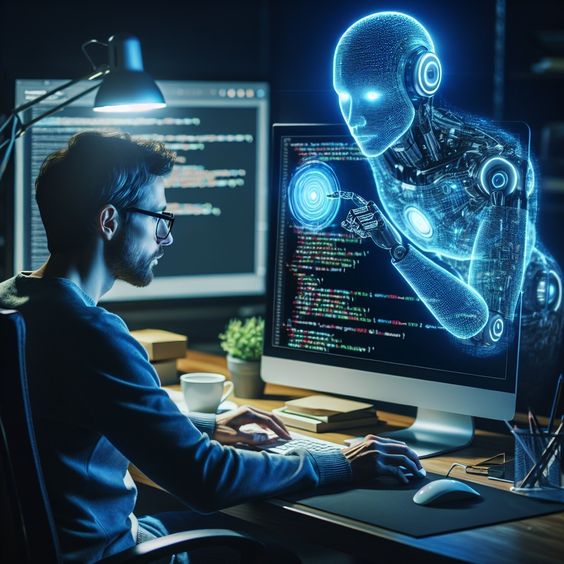
The capabilities of AI are expanding rapidly, and its potential applications are vast. Here are some of the ways AI could shape the future:
- Enhanced Decision-Making: AI can process and analyze large datasets much faster than humans, leading to better decision-making in areas such as finance, healthcare, and business management. For example, AI-driven algorithms can predict market trends, identify investment opportunities, and optimize supply chains.
- Creativity and Innovation: AI is not just about automation and efficiency; it can also foster creativity. AI algorithms are now capable of generating art, music, and even literature. In the future, AI could collaborate with humans to push the boundaries of creative expression.
- Improved Human-Machine Interaction: The future of AI will see more intuitive and natural interactions between humans and machines. Voice recognition, natural language processing, and emotion detection are just the beginning. AI-powered virtual assistants and chatbots will become more sophisticated, making interactions with technology seamless and human-like.
- Global Challenges: AI has the potential to address some of the world’s most pressing challenges, such as climate change, food security, and disaster response. AI-driven models can predict natural disasters, optimize resource management, and develop sustainable solutions to global problems.
Artificial Intelligence and the Future: Implications for Society
The future implications of AI are profound, and they will affect various aspects of society:
- Social Impact: AI has the potential to bridge gaps in access to information, education, and healthcare. However, it also raises concerns about inequality, as those with access to AI technology may gain significant advantages. Ensuring that AI benefits everyone will be a critical challenge.
- Economic Impact: AI could lead to economic growth by increasing productivity and efficiency. However, it could also lead to job displacement, particularly in industries that rely heavily on manual labor. Policymakers will need to find ways to mitigate these effects and ensure a smooth transition to an AI-driven economy.
- Ethical and Legal Challenges: The widespread adoption of AI will raise ethical and legal questions, particularly concerning data privacy, surveillance, and accountability. Developing robust frameworks to govern AI will be essential to protect individuals’ rights and ensure fair use of technology.
- Cultural Impact: AI’s influence on culture and society will be significant, shaping how we perceive technology and its role in our lives. From AI-generated art to AI-driven social media algorithms, the cultural landscape will be transformed in ways we have yet to fully understand.
How Will AI Affect the Future?
The impact of AI on the future is inevitable, but its trajectory is not set in stone. The decisions we make today will shape how AI is integrated into our lives and its long-term effects on society. Here are some potential scenarios:
- Optimistic Future: In an optimistic scenario, AI will lead to unprecedented innovation, improved quality of life, and solutions to global challenges. Collaboration between governments, businesses, and individuals will ensure that AI is used responsibly and ethically, benefiting society as a whole.
- Cautious Future: A more cautious outlook recognizes the potential risks of AI, including job displacement, privacy concerns, and ethical dilemmas. In this scenario, society takes a measured approach to AI adoption, with strict regulations and ongoing dialogue to address emerging challenges.
- Pessimistic Future: In a pessimistic scenario, AI could lead to increased inequality, social unrest, and the erosion of privacy. Without proper oversight, AI could be used to manipulate public opinion, perpetuate biases, and concentrate power in the hands of a few.
Conclusion: AI is the Future, But It’s Up to Us
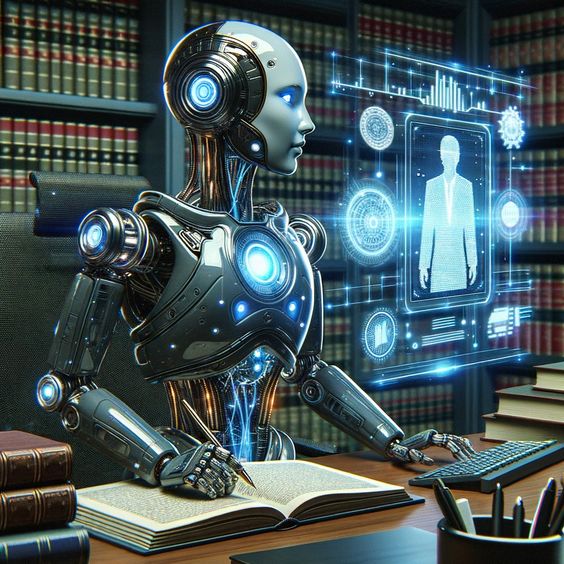
AI is undoubtedly the future, but how that future unfolds depends on how we navigate the opportunities and challenges it presents. By embracing the potential of AI while addressing its risks, we can shape a future where AI serves humanity and contributes to a better world.
For further reading on the future implications of AI, you can explore the following resources:
- The Ethics of AI: Balancing Innovation and Responsibility
- How AI is Transforming Healthcare
- AI and the Future of Work: Preparing for Change
These articles provide deeper insights into the topics discussed and offer valuable perspectives on the future of AI.
In conclusion, AI is more than just a technological advancement; it’s a transformative force that will shape the future of humanity. Whether it leads to a utopian or dystopian future depends on how we manage its development and integration into society. The future of AI is bright, but it requires careful consideration, ethical governance, and a commitment to ensuring that its benefits are shared by all.
FAQs about AI and Its Future
. How will AI impact the job market in the future?
AI is expected to both create and displace jobs. While AI will automate many repetitive and manual tasks, leading to job losses in certain sectors, it will also create new opportunities in fields like AI development, data analysis, and cybersecurity. Reskilling and adapting to new roles will be crucial for workers in the future economy.
. Can AI replace human creativity?
AI can assist and enhance human creativity but is unlikely to replace it entirely. AI-generated art, music, and literature are examples of how technology can collaborate with humans to push creative boundaries. However, human creativity, intuition, and emotional intelligence remain unique and essential.
. What ethical concerns are associated with AI?
Ethical concerns around AI include data privacy, algorithmic bias, surveillance, and the potential misuse of AI technologies. Ensuring that AI is developed and used responsibly requires robust ethical frameworks, transparency, and accountability from those creating and implementing AI systems.
. How can AI be used to solve global challenges?
AI has the potential to address global challenges such as climate change, food security, and disaster response. For example, AI-driven models can predict natural disasters, optimize resource management, and develop sustainable solutions to environmental problems. However, collaboration and careful planning are essential to harness AI’s potential effectively.
. Is AI the future of education?
AI is likely to play a significant role in the future of education by providing personalized learning experiences. AI can adapt to individual learning styles and help students understand complex concepts at their own pace. This could lead to more effective and inclusive educational systems worldwide.
. Will AI lead to a dystopian future?
The future of AI is not predetermined. While there are risks associated with AI, such as increased inequality and loss of privacy, these can be mitigated through ethical governance, responsible development, and a commitment to using AI for the common good. The outcome depends on how society manages AI’s growth and integration.
. How does AI affect daily life?
AI is already integrated into daily life in various ways, such as through smart assistants (e.g., Siri, Alexa), personalized recommendations on streaming platforms, and advanced customer service chatbots. In the future, AI will continue to enhance convenience, efficiency, and personalization in everyday activities.
. What industries will AI impact the most?
AI will have a significant impact on industries such as healthcare, finance, manufacturing, education, and transportation. In healthcare, AI can improve diagnostics and personalized medicine; in finance, it can enhance decision-making and risk management; and in transportation, AI will enable the development of autonomous vehicles.
. How can businesses prepare for an AI-driven future?
Businesses can prepare for an AI-driven future by investing in AI technology, reskilling employees, and staying informed about AI trends and developments. Collaboration with AI experts, ethical considerations, and a focus on innovation will be key to successfully integrating AI into business operations.

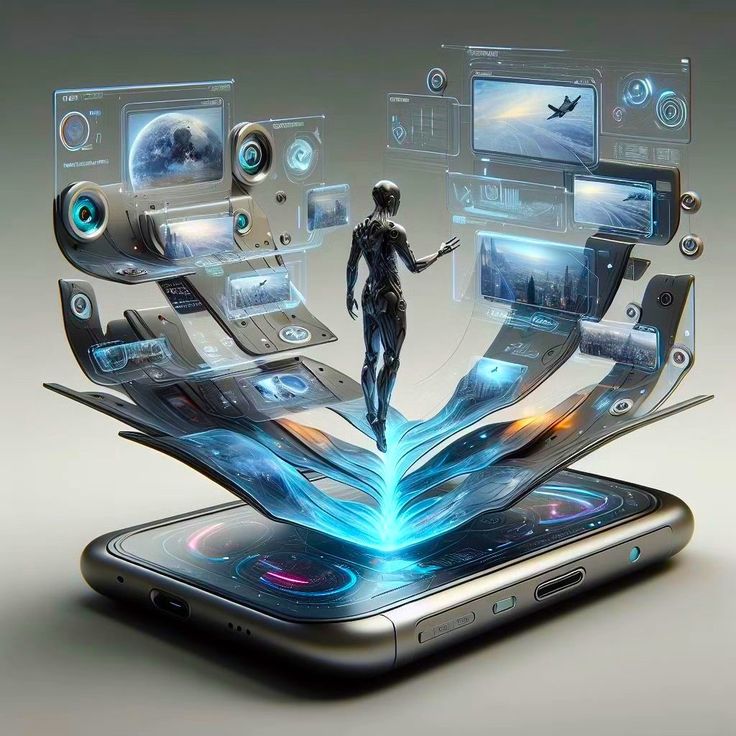
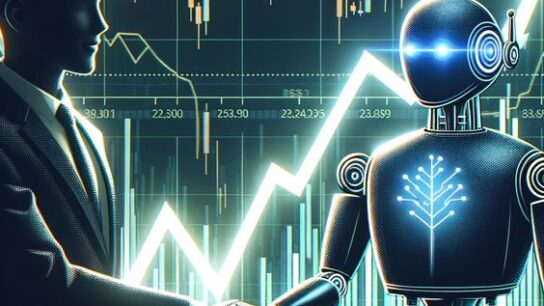
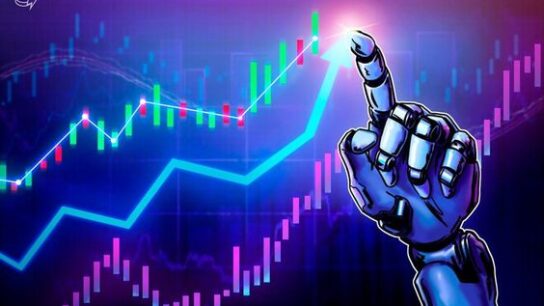
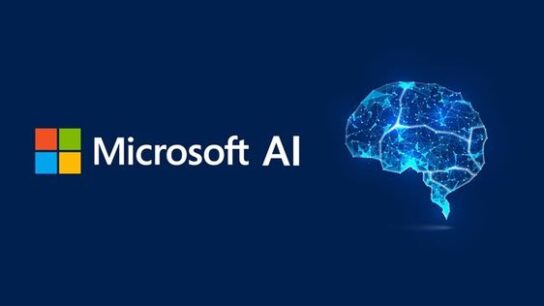
[…] For more information on the latest developments in AI technology, check out Samsung’s official website and Grok’s investment page. Stay tuned for updates as Galaxy AI continues to evolve and shape the future of smart devices. […]